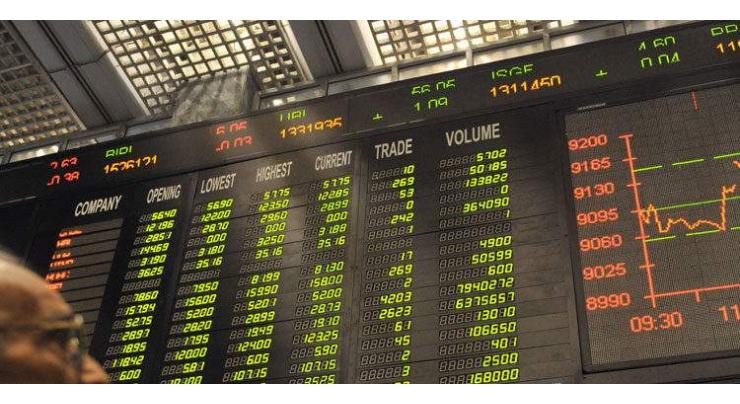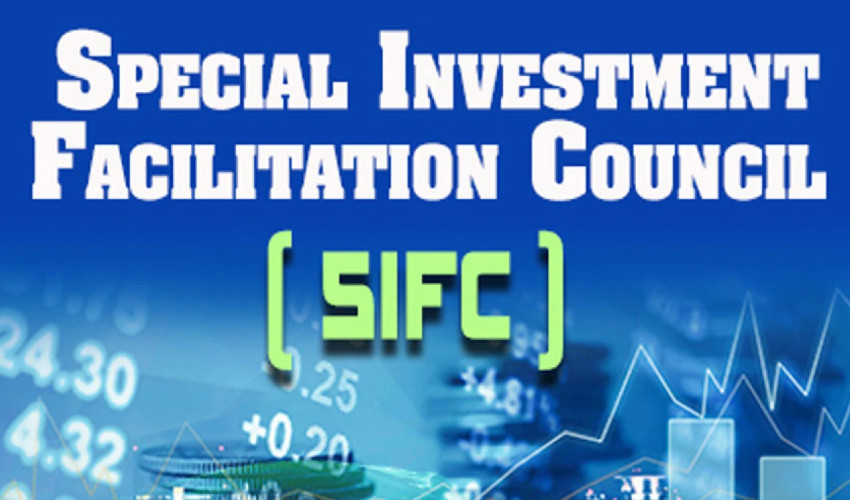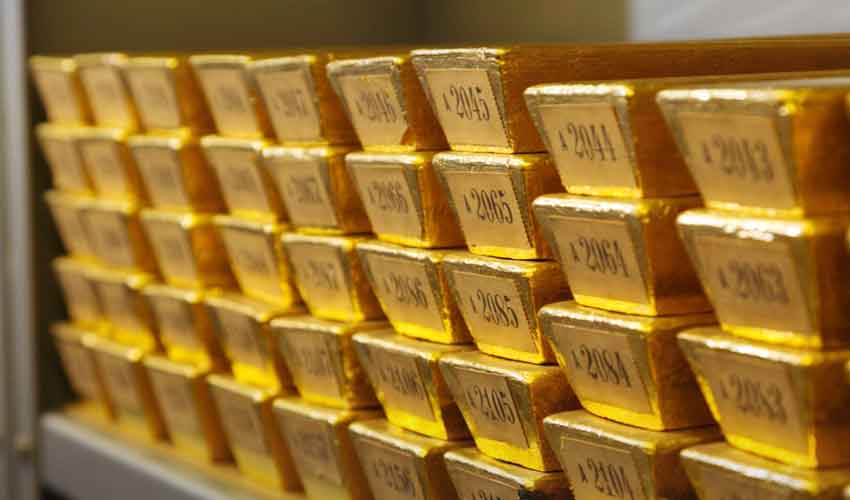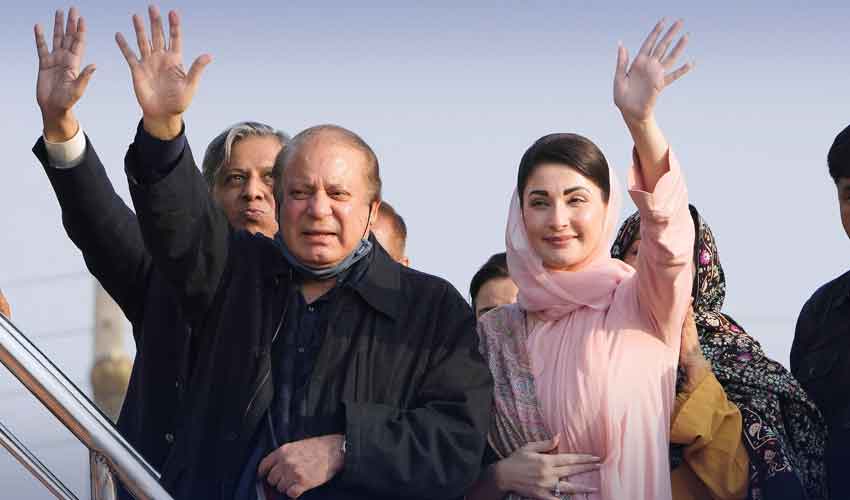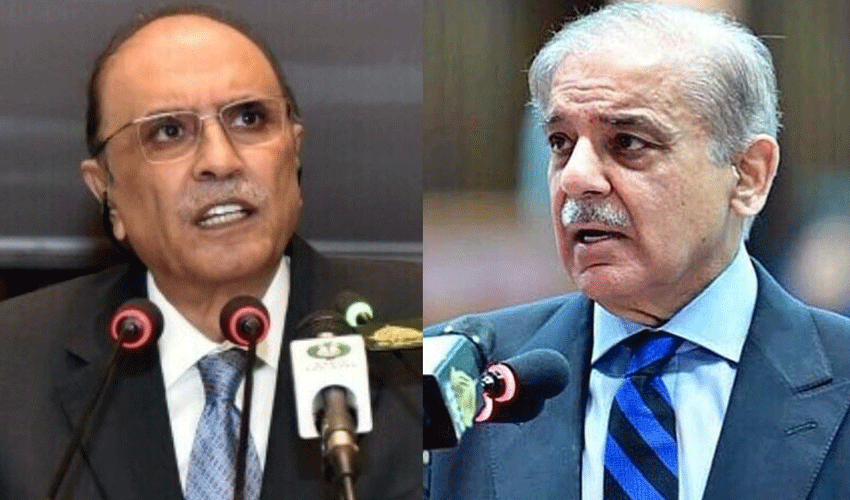An unprecedented boom has been witnessed in the Pakistan Stock Exchange (PSX) as the benchmark KSE-100 index crossed the monumental threshold of 75,000 points.
Investors celebrated as the index surged by a remarkable 563 points, reaching an impressive level of 75,094 points during trading sessions.
The remarkable rally in the PSX started at the beginning of trading for the day on Wednesday, with the index showing resilience and strength in the face of economic fluctuations. The day started with an increase of 307 points in the KSE-100 index fuelled optimism, with the index trading at 74,839 points.
Market analysts attributed this surge to a variety of factors, including positive economic indicators, robust corporate earnings, and favorable government policies aimed at stimulating investment and growth. The buoyant mood among investors reflects growing confidence in Pakistan's economic trajectory and its potential for sustained development.
Also Read: IMF demands end to tax exemptions, incentives, privileges
On Tuesday, the Pakistan Stock Exchange (PSX) closed at an all-time high on the second day of the business week, marking a significant milestone in the country's financial landscape.
At the close of business on Tuesday, the PSX recorded a staggering increase of 732 points, with the benchmark KSE-100 index reaching an unprecedented level of 74,531 points. This surge reflects the growing optimism and resilience of Pakistan's economy despite global uncertainties and challenges.
These positive developments in the stock market come as an IMF mission continues its two-week visit to Pakistan to negotiate a bigger, long-term loan agreement with the country. As negotiations between Pakistan and the IMF intensify, the Fund has called for significant changes in the country's tax regime.
Sources reveal that the IMF has demanded an end to tax exemptions, incentives, and privileges, with a focus on increasing taxes on privileged sectors.
Also Read: PSX hits all-time high: KSE-100 index crosses 74,500 points
Among the proposals put forward by the IMF are increases in taxes on luxury plots and cars, as well as imposing taxes on the property sector. Specifically, the IMF suggests imposing higher taxes on plots valued at over Rs50 million and abolishing tax exemptions on capital gains from the sale of residential property.
Furthermore, the Federal Investigation Agency (FIA) has proposed changes in tax slabs for the salaried class, with the IMF supporting a hike in taxes on income ranging from Rs300,000 to Rs500,000. Additionally, the IMF has also called for tax increases on luxury car imports and suggested raising the withholding tax on new vehicle purchases.
Furthermore, Pakistan’s macroeconomic conditions improved during H1-FY24, according to the State of Pakistan’s Economy Report released on Tuesday by the State Bank of Pakistan (SBP). The report contains the analysis prepared on data outturns for the July-December FY24.
According to the report, the real economic activities moderately recovered against the contraction last year, while a Stand-By Arrangement (SBA) with the IMF helped reduce stress on external accounts. Meanwhile, the current account deficit narrowed considerably, amid continued contractionary monetary and fiscal policies, better agricultural produce, and ease in global commodity prices.





